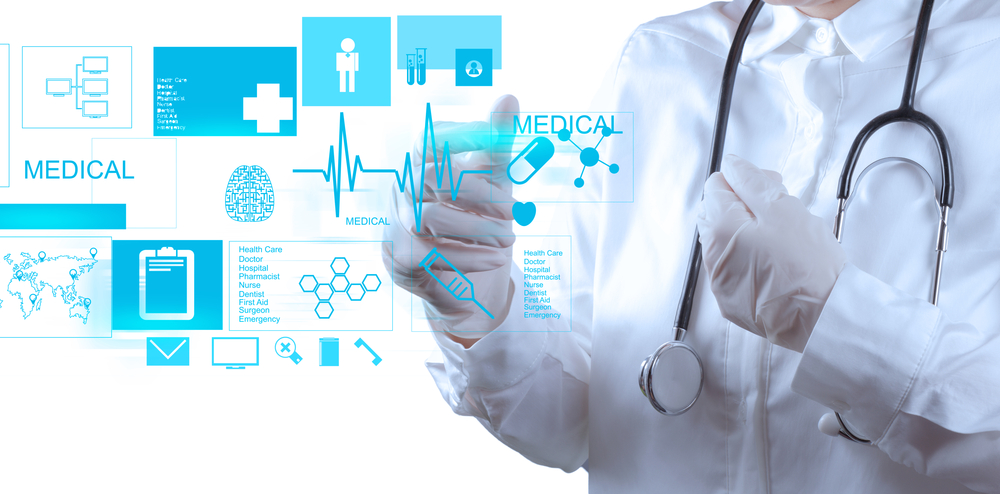Electronic Health Records
(EHR) Automation
Electronic Health Records (EHR) Automation
AI-driven Electronic Health Records (EHR) Automation is making healthcare more efficient by simplifying how medical records are managed. In many hospitals and clinics, doctors and nurses spend a lot of time updating patient records manually. This process is not only time-consuming but can also lead to mistakes, such as missing or incorrect information. AI can solve this problem by automating many of the tasks related to updating and managing EHRs. It can quickly extract relevant information from patient files, scan for errors, and even enter data automatically, freeing up medical staff to focus more on patient care.

One of the biggest benefits of AI in EHR automation is reducing the time doctors spend on paperwork. Instead of typing out long reports after seeing a patient, AI can take notes or even transcribe voice recordings into structured data in the patient’s file. This means that doctors can spend less time behind a computer and more time interacting with patients. For example, AI can automatically fill out common fields in medical forms or generate summaries of patient visits, speeding up the documentation process significantly.
AI can also improve the accuracy of health records. Manual data entry can lead to errors, such as misspelled medications, incorrect dosages, or wrong diagnoses being entered into the system. AI algorithms can catch these mistakes by cross-referencing the data with known medical guidelines or patient history. For instance, if a doctor accidentally inputs the wrong dosage of a drug, AI can flag this as a potential error and suggest a correction. This reduces the chances of mistakes that could lead to patient harm, making healthcare safer.
Another important role of AI in EHR automation is making patient records easier to access and share. In many cases, patients see multiple doctors, specialists, or visit different healthcare facilities, and their records need to be shared between them. AI can ensure that records are standardized and organized in a way that makes them easy to share securely. This allows for seamless coordination between healthcare providers, ensuring that everyone involved in a patient’s care has access to the most up-to-date information. This streamlines the process and reduces the chances of miscommunication or important details being overlooked.
Finally, AI-powered EHR systems can help in predicting future health needs based on the data in a patient’s records. For example, if a patient has a history of high blood pressure, AI can analyze their past data and flag them as being at risk for heart disease. This allows doctors to take preventive steps early, potentially avoiding serious health issues down the road. By automating the analysis of health records, AI not only improves efficiency and accuracy but also helps in delivering more personalized, proactive care to patients.

